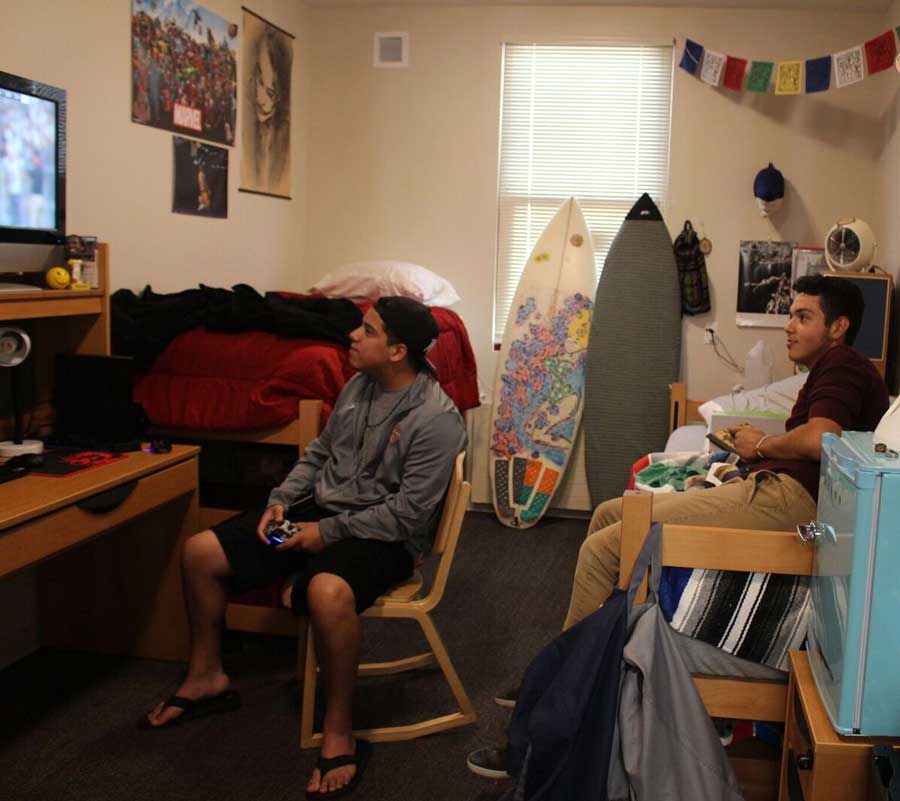
Wildcat Food Pantry, which will judiciously disperse them to students Was an astounding 419 swipes-sent to a virtual bank hosted by the Hungry This pilot project, students were limited to donating a single meal. On November 14, Sutter Dining hosted a one-day event in which Chico State students could donate a meal-simply by swiping their meal card. The result was a first-of-its-kind campus partnership between AS Dining, the Center for Healthy Communities, and the Hungry Wildcat Food Pantry called Swipe Against Hunger. Had her data and was determined to fight for change. Fellow Wildcats with meal plans often had dozens of leftover meals that went uneaten students employed at Sutter Dining reported that large amounts of food gets tossed out every day and a 2016 study by the Center for Healthy Communities revealed that 46 percent of Chico State students have experienced food insecurity. The survey results confirmed her suspicions. It just an issue that she faced? And how many Chico State students lived

She wanted answers: Were students using all of their meals? Was Surveys, which the senior distributed when she spoke to classes about this The gap between leftover meals and hungry students. (Sociology, ’99 MA, Social Science, ’01) and Ramirez researched ways to bridge That means they’re probably going to do something about it.” Whose own research background includes food insecurity. “I love it when people are angry about something,” said Paiva, Jessica Bartlett / University Photographer “Jessica has lived with food insecurity so she can speak with authority in the matter, and other students will follow,” said sociology faculty Marianne Paiva. Meal accounts, yet other students go hungry. Studies, dug deeper, brainstorming reasons why meals remain on some students’ Need to live, survive, and perform optimally in the classroom.”Īnd Paiva, faculty in the Departments of Sociology and Multicultural and Gender Surviving off of energy drinks,” she said. “I realized that many of my classmates were starving or In her fourth year of college, Ramirez understands firsthand the financialĬhallenges of paying for food, housing, tuition, and other necessities. No one else noticed this? Who is speaking up for these students?’” Was shocked, taken aback, and really upset,” said Ramirez. Ramirez, a first-generation student whose academic focus is community health-specifically Meanwhile, she knew that students on campus lived with Village apartment, she had dozens of meals left on her account that would not Purchased a semester meal plan through Associated Students (AS) Dining Servicesįor the fall 2018 semester, and after cooking regularly in her University


The time, couldn’t shake a recent revelation. Senior sociology major, enrolled in Paiva’s “Wealth and Inequality” class at All Stories Excellence Galleries Health and Wellness Programs Student Lifeĭay last spring, Jessica Ramirez strode purposefully into Marianne Paiva’s


 0 kommentar(er)
0 kommentar(er)
